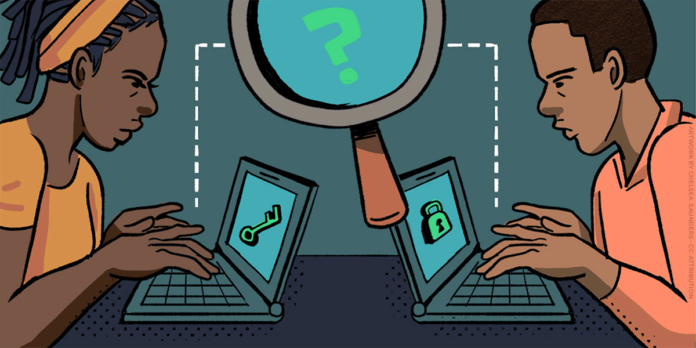The Council of the European Union is deeply involved in an intense debate over its controversial proposal to scan messages, known as 'Chat Control'. This plan aims to monitor the private communications of billions of people, which has generated strong opposition from organizations and experts in fundamental rights.
Since its introduction in 2022, the proposal has undergone multiple adjustments, but retains its essence: to compel service providers, including those that use end-to-end encryption, to scan communications and files to detect abusive material. This scan would be performed on the device before sending, which many consider to be a form of constant surveillance and indiscriminate access to personal information.
Although the Danish presidency assures that the measure does not infringe on end-to-end encryption, experts argue that it weakens its fundamental protection. Government surveillance, even well-intentioned, could have serious repercussions, especially for journalists and human rights defenders.
If approved, 'Chat Control' would put at risk the privacy and security offered by apps such as Signal and WhatsApp. Signal has already warned that it could withdraw its service from the EU in response to that regulation. The exclusion of state communications from the scan reveals, moreover, a recognition of the risks involved.
This initiative would affect not only Europeans, but global users, since platforms would be forced to scan all communications of European users, putting at risk others who communicate with them.
Despite the opposition, Denmark plans to present this proposal at the Justice and Home Affairs Council meeting on 14 October. There is a call to reconsider its advance, prioritizing fundamental rights over state surveillance. The protection of privacy must prevail.



